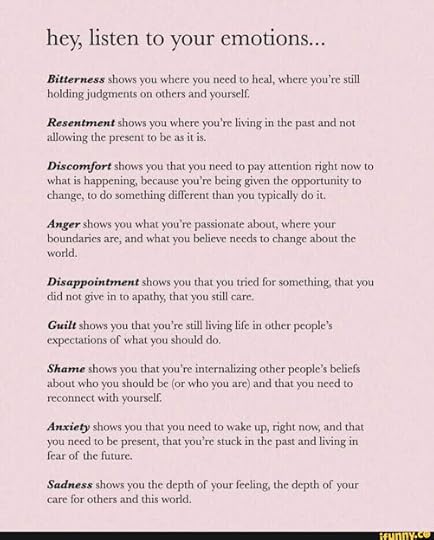What are you pretending not to know?
If you work in psychological circles long enough, you hear all the clichés pretty quickly. Almost all branches of psychology have some version of the “magic” or “miracle” question.
(Some version of "Suppose tonight, while you slept, a miracle occurred. When you awake tomorrow, what would be some of the things you would notice that would tell you life had suddenly gotten better?"). There are lots of established ideas about the importance of letting yourself feel feelings instead of suppressing them. Lots of information in any kind of therapy can be gleaned by asking people how they have coped with what’s happened to them.
But we’re not here to talk about any of that today.
Because recently I came across the question in the title here. What are you pretending not to know?
I’ve been thinking about it ever since. I’ve used it a number of times with clients and gotten everything from puzzled stares to hour-long answers.
What are you pretending not to know?
Here are some common ones.
Perhaps if you are still reading, you might be wondering why I would be pointing out such depressing information.
Because I firmly believe it might be the most important question we ever have to answer.
Many of the niceties of modern life require the telling of some little white lies. We tell people we are “fine” when really, we are anything but. We construct carefully crafted versions of ourselves on social media letting people know we are “fine.” We have a small-talk script that kicks in whenever someone asks about our work or family or relationships.
Fine. Everything is fine we say.
But I have come to believe this contributes to self-deception which over time can become deeply entrenched. The little white lies we tell others soon become part of a much larger narrative around what we are pretending not to know.
I’m taking mine one at a time now. I started with my teeth. For years I was pretending not to know that if you don’t floss and regularly visit a dentist, bad things will eventually happen. Painful things.
I had a difficult and shameful conversation with my dentist shortly afterward. But I feel better now.
I would encourage you to ask this question and really reflect on the answer. I know the health piece certainly applies to me, as does the one about staying in touch with family. I suspect that many of these answers for people would be about personal relationships.
The point is, we put ideas out of our heads when they are uncomfortable. It’s protective. Who wants to think about unfinished business all the time? And yet our emotions are always providing us feedback in one way or another. Here are some examples.
Emotions always communicate:
This has been a helpful guide for me as I think about all of the ways I might be denying things I need to know. We are gifted and cursed with an extraordinary feedback system. Being uncomfortable can be a positive thing when we examine these feelings closely and try and figure out what our guts are trying to tell us.
And as for me? I have another dentist appointment on Friday. I have been pretending not to know this all week, but in the end, I know the problem isn’t going away. I can take a little pain now. Some bad dentist jokes. A couple of sharp needles.
But no more pretending not to know.





